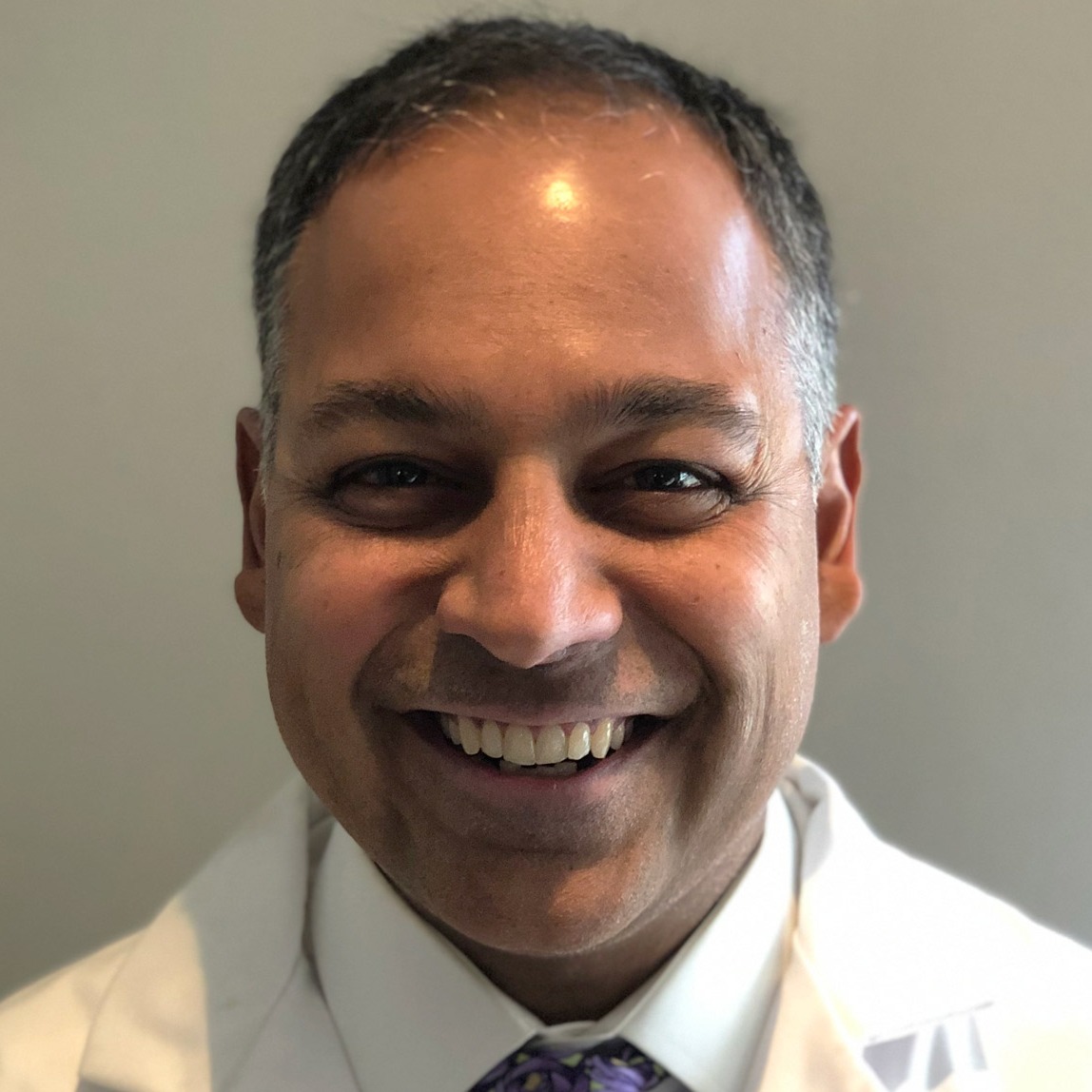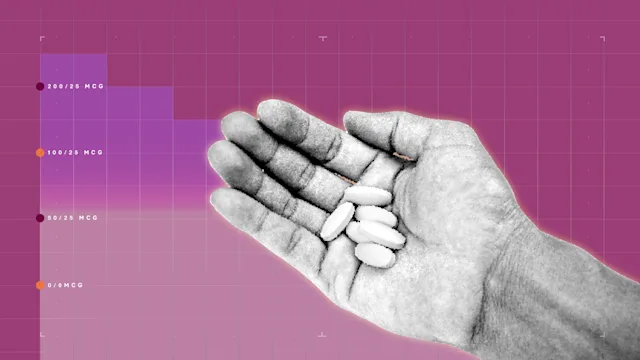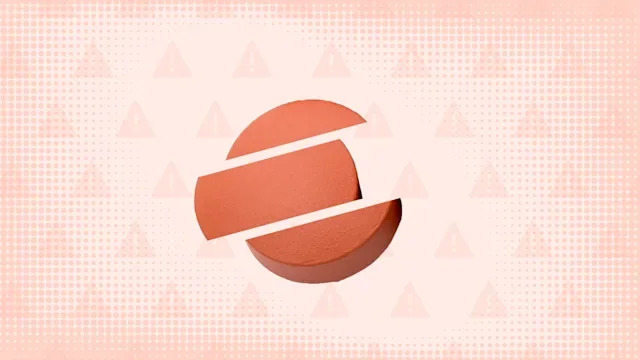If you have heart failure, one of the numbers your doctor may introduce you to is something called ejection fraction. Your ejection fraction is the percentage of blood that the ventricle of the heart pumps out with each beat. For many people with heart failure, their ejection fraction is too low, meaning they’re not getting enough blood flow around the body.
Worried about your heart failure progression? Talk to your doctor. Having the right treatment plan in place can help slow the progression of your heart failure. Plus, you may have fewer symptoms, which may improve your quality of life.
Marrick Kukin, MD, is a cardiologist at Lenox Hill Hospital, Northwell Health.
References
American Heart Association. (2023). Devices and surgical procedures to treat heart failure.
American Heart Association. (2023). Lifestyle changes for heart failure.
American Heart Association. (2023). Medications used to treat heart failure.
UpToDate. (2023). Overview of the management of heart failure with reduced ejection fraction in adults.

Why trust our experts?














